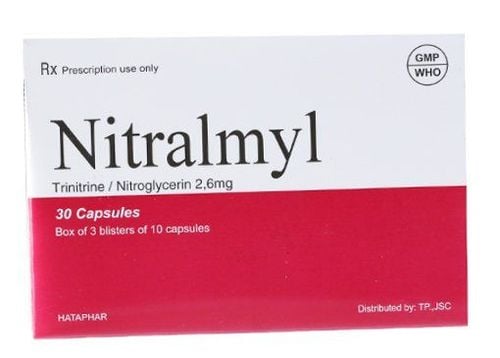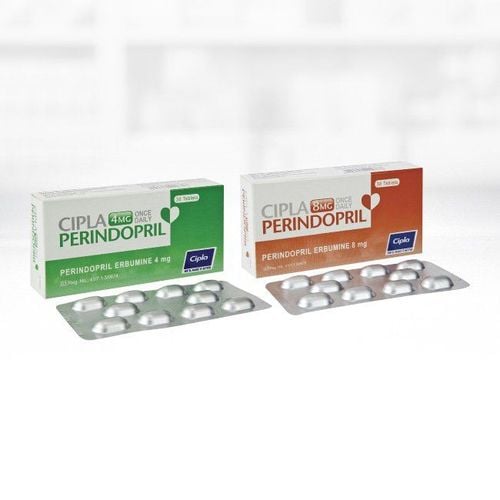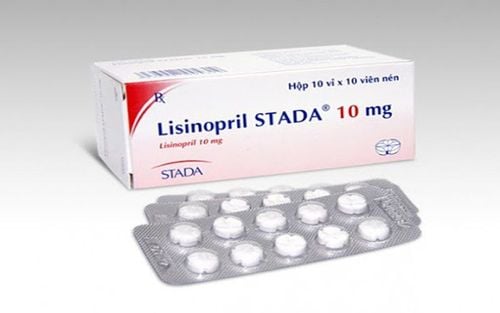This is an automatically translated article.
Left ventricular assist device LVAD helps blood circulate normally in the body of patients with end-stage heart failure, helping to relieve symptoms of fatigue or shortness of breath. Sometimes, the device also helps the heart recover to normal functions because it allows the heart to rest.
1. How life-threatening is heart failure?
Heart failure is a progressive disease that takes a long time. In which the heart muscle becomes weakened after an injury and gradually loses its ability to pump blood to the organs according to the body's needs, the process progresses slowly and becomes increasingly severe. Medical treatment in heart failure only means to control the symptoms and slow the progression of heart failure.
When heart failure has reached the end stage, the patient is often hospitalized, the body is edematous, has difficulty breathing, and loses sleep at night. Later, organs in the body such as the liver and kidneys will be severely affected by low blood pressure caused by heart failure. At the same time, walking and eating are difficult due to an enlarged liver and abdominal distension. At this stage, the patient's prognosis deteriorates very quickly, the survival time is only 2 years, but in fact heart failure is worse than patients with lung cancer.
Heart transplantation is the only treatment that offers hope to patients, but due to limited donor resources, heart transplantation is only possible in a very small number of patients who pass the screening criteria. Therefore, the LVAD mechanical cardiac assist device was developed to be a vital option for patients with end-stage heart failure. This device can be used as a temporary cardiac support device while waiting for a heart transplant or as long-term support for patients with heart failure.
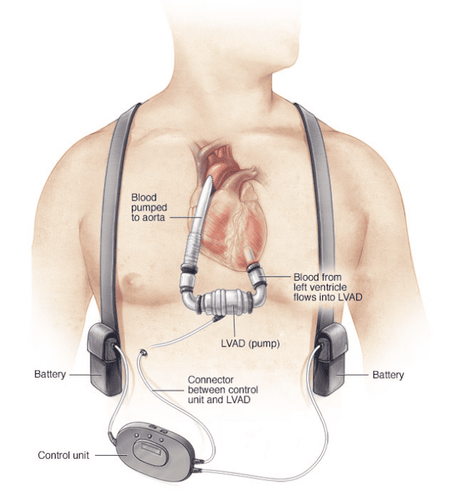
Dụng cụ hỗ trợ tim cơ học LVAD được phát triển để trở thành một lựa chọn sống còn cho những bệnh nhân suy tim giai đoạn cuối
2. What is LVAD left ventricular assist device?
Left ventricular assist device – The LVAD device is a type of mechanical heart placed in the patient's chest that helps the heart pump oxygen-rich blood throughout the body. However, unlike artificial hearts, the LVAD device does not replace the heart but only helps the heart perform its normal function, which is vital for patients with end-stage heart failure.
3. Features of left ventricular assist device LVAD
The LVAD device is implanted in the patient's body, often used for patients who cannot undergo heart transplant surgery. The LVAD is a device that pumps blood like a heart. One end of the pump connects to the left ventricle, which pumps blood throughout the body, and the other end to the aorta. The device consists of a cable that goes from the device to the skin, covered with a special material that helps with wound healing and skin regrowth, a cable that connects to a control unit, and a battery.
The LVAD device is implanted in the body by open-heart surgery, with a computer controller, a battery pack and a backup battery attached outside the body. Some models also allow the patient to wear the device on an external belt and the battery can be charged at night.
4. Ability to recover health after LVAD . transplant
After surgery with the device, the patient usually recovers very quickly and can be discharged after 2 weeks, when blood circulation is restored to normal. Most patients are able to start doing familiar daily tasks, getting light exercise, and pursuing their hobbies. The risk of blood clots (thrombosis) in the machine is minimized because the patient will be prescribed anticoagulants. The risk of surgery is less than 10%.
However, as with other surgeries, there are risks associated with LVAD implantation in patients with heart failure including: infection, internal bleeding, heart failure, and any risk that can lead to death. . The doctor will check and predict the risks and potential complications of LVAD for the patient before performing the procedure.
The method of using the LVAD device requires strict medical compliance and careful monitoring. All patients need the complete support of family and friends. Prior to LVAD transplantation, patients need to identify a caregiver who can commit to providing adequate support during recovery, staying with the patient for at least the first few weeks after discharge.
5. Who should have the LVAD device implanted?
Heart failure needs to be stabilized while waiting for a heart donor. For patients who cannot find a donor heart, LVAD is a method of supporting the heart's activity.
6. Where is the LVAD device implanted?
Currently, ventricular assist device implantation surgery has been implemented at Cardiovascular Center - Vinmec Times City International Hospital (Hanoi), with a success rate of up to 90%. Vinmec Times City Hospital is the first private medical facility to implement this cardiovascular technique.
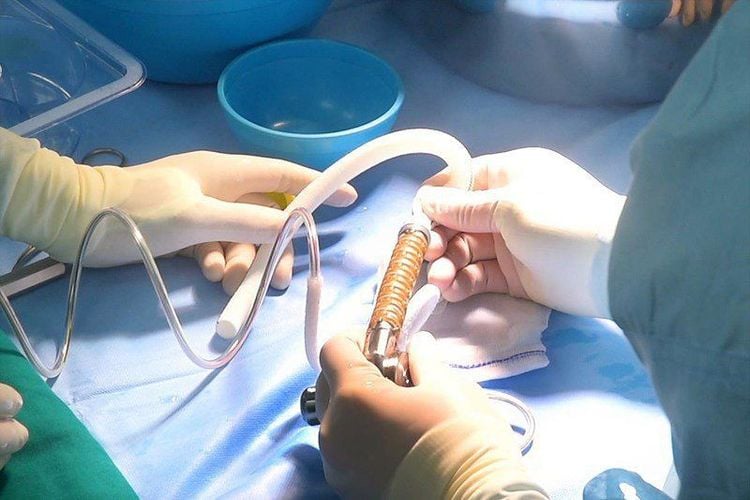
Trung Tâm Tim Mạch - Bệnh viện Đa khoa Quốc tế Vinmec Times City đã triển khai phẫu thuật cấy máy thiết bị hỗ trợ thất với tỷ lệ thành công lên đến 90%
Surgical implantation of LVAD device is indicated for patients with heart failure - arrhythmia with indication for implantation, performed with Cardiologists directly trained by a team of foreign experts.
Cardiovascular Center - Vinmec Times City International General Hospital owns a team of experts including Professors, PhDs, Specialist 2 doctors, Masters with experience and great reputation in the field of medical treatment. medical treatment, surgery, interventional cardiac catheterization and application of advanced techniques in the diagnosis and treatment of cardiovascular diseases. In particular, the Center has modern equipment, on par with the most prestigious hospitals in the world.
GS. Dr. BS. Bui Duc Phu - Vietnam's leading expert in cardiovascular surgery and organ transplantation, used to hold the position of Director of Hue Central Hospital for 9 years, Vice Chairman of Vietnam Surgical Association, Chairman of Cardiac Surgery Association. Cardiovascular - Vietnamese Thoracic Society, Chairman of Asian Society of Thoracic and Cardiovascular Surgery. Professor Phu is known for the first human heart transplant surgery performed by a Vietnamese team at Hue Central Hospital - the surgery that put Vietnam on the world map of heart transplant. MSc. BS. Nguyen Xuan Thanh: Cardiologist - Cardiovascular Center, Vinmec Times City International Hospital, with more than 10 years of experience in the fields of adult and pediatric echocardiography. He is the Deputy Head of Cardiothoracic Surgery Department - Viet Tiep Hospital before being a Cardiologist at Vinmec Times City Heart Center. In 2012, Doctor Succeeded the Certificate of Cardiovascular Intervention at the National Heart Institute, in 2013 obtained the Certificate of Aortic Stent Graft Intervention in Thailand, in 2016 obtained the ECMO certificate in India, in 2017 obtained the Certificate of Aortic stent grafting. Only the abdominal aortic stent graft intervention at the Department of Vascular Surgery - Siriraj Hospital Bangkok - Thailand. The center also has a comprehensive cooperation program with the Heart Institute - Bach Mai Hospital, the Cardiology Department of Hanoi Medical University, Paris Decartes University - Georges Pompidou Hospital (France), the University of Pennsylvania (USA) )...
Please dial HOTLINE for more information or register for an appointment HERE. Download MyVinmec app to make appointments faster and to manage your bookings easily.




